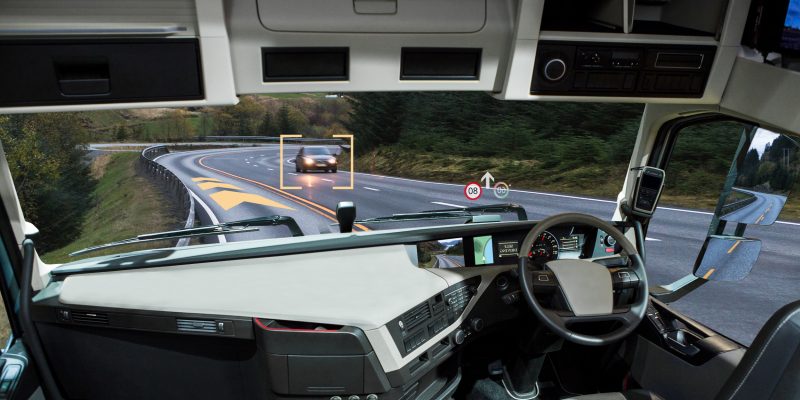Autonomous Trucks – The Future Is Closer Than You Think
Autonomous cars are already in testing and Tesla predicts a truly self-driving car to be ready as soon as 2020, so what about autonomous trucks? In this post, we talk about autonomous trucks and how the “future” might be closer than you think.
Mining Industry
Autonomous trucks actually already exist. Experts say we could see Autonomous Trucks as a normal part of the Mining workforce within the next 5 years, with Australia leading the world when it comes to autonomous trucks in the mining industry. Vehicles organised by Caterpillar, BHP and Rio Tinto all have trucks with a range of sensors that help them navigate, then drives itself to its destination. The vehicles can travel at speeds of up to about 60 kilometres per hour and are very good at keeping their distance from one another. Rio Tinto has dozens of these autonomous trucks working round the clock each day, hauling iron ore across four job sites and they’ve been doing it for the past decade in Western Australia.
Using autonomous trucks in underground mines is the next focus for the Queensland mining industry. Following the lessons and experiences from mines in Western Australia, it’s not a far-fetched idea.
Construction Industry
Autonomous vehicles are slowly being introduced into the construction industry. As most construction works are off public roads, construction teams can perform tasks that are repetitive without worrying about running into public traffic.
Companies like Caterpillar, Volvo and Komatsu are already fitting traditional construction equipment with the required GPS tech; machine learning capabilities; remote control, and the ability to 3D map worksites.
Traditional construction workers risk falls from heights, repetitive motion injuries and the collapse of a trench and/or scaffold collapse to name just a few of the many risks. So, autonomous trucks certainly have the added benefit of safety.
However, a fully automated worksite in construction is still a long way off. We’re still on the cusp of knowing the potential of autonomous technology.
Benefits of Autonomous Trucks:
- Safety. Localising vehicles means you can also remove people from dangerous areas and have them monitor from another location. This is a much safer way to perform work and tasks. Furthermore, with autonomous trucks driving during less congested traffic hours, the risks caused by driver fatigue can be markedly reduced.
- Increased Productivity. Localising vehicles means you can analyse processes better, and how to best use them efficiently and economically.
- Reduced fuel costs and emissions. When autonomous trucks travel in convoys in close proximity, a process developed by Mountain View, it was found that this act reduces drag between the trucks, thereby improving fuel efficiency. Not only that, but one can see improved fuel efficiency and reduced emissions. This comes as a result of the fact that an autonomous truck can travel during times of less traffic congestion, for example, off-peak hours. Trucks can travel greater distances in a shorter period of time.
- Cost savings. Reducing the number of drivers per rig to a single person would effectively cut labour costs, with a few ‘human’ operators who help guide the machines to where they need to be or to intervene when needed, not necessarily operate.
For a closer look at the benefits, have a read through this article.
So there you have it. It’s only a matter of time until we see autonomous vehicles in all sorts of industries. What do you think of autonomous vehicles and trucks?
